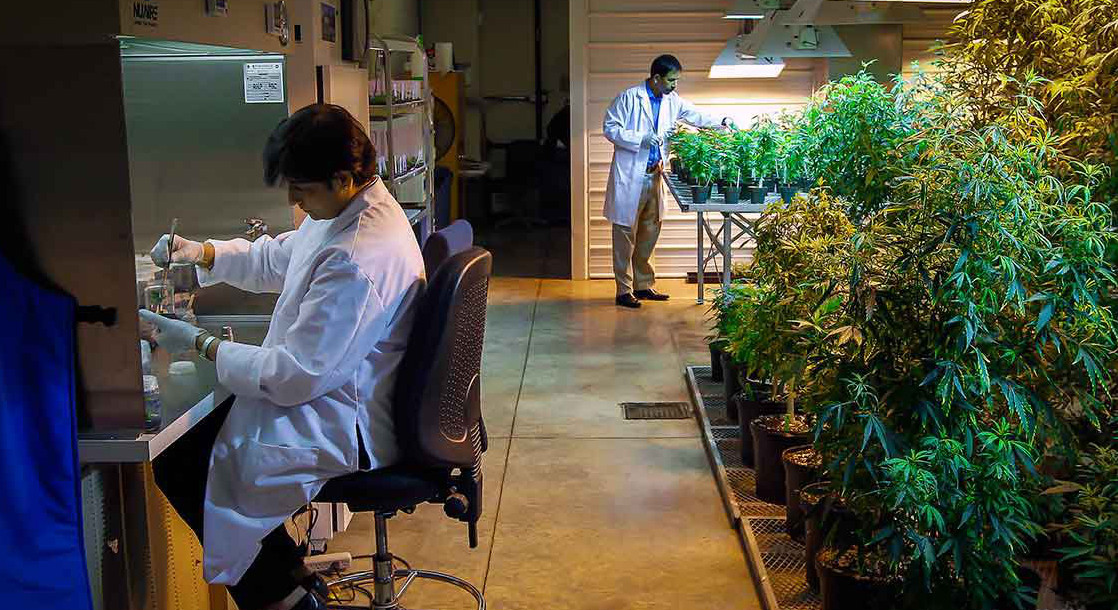The American Psychological Association has recently voiced their support for two bipartisan bills that would remove many of the impediments to cannabis research created by the federal prohibition of marijuana. “Major barriers to research are preventing scientists from pursuing the full range of research that is needed to understand the impacts of recreational and therapeutic use of cannabinoids,” the APA said. “Marijuana and its constituent compounds are categorized as Schedule I (having no Food and Drug Administration-approved therapeutic use), and all research conducted with marijuana requires that investigators register with the DEA.”
In a recent briefing by the APA Science Government Relations team, the association explained that the process of registering for a cannabis study “can take more than a year to complete and creates administrative burdens that serve as significant disincentives to pursuing research.” Federally-required oversight from the DEA is an additional burden, involving “redundant scientific protocol review.” The organization notes that “investigators often report that the guidance they receive is unclear and that DEA inspections, security requirements and variable experiences with state DEA field offices add to the obstacles they face.”
In order to help remove these roadblocks standing in the way of medical cannabis studies, the APA announced their support for two bills currently being debated in Congress. The first of these bills, the Medical Marijuana Research Act of 2017, was introduced in the House this July. The second, the Marijuana Effective Drug Studies Act of 2017, was introduced in the Senate last month. Both bills have bipartisan support, and would increase the supply of cannabis available for research.
Both bills would also amend the Department of Justice approval process for medical cannabis studies, allowing research to progress at a faster rate. The APA, along with the American Psychiatric Association and other groups, wrote a sign-on letter advocating for the Senate bill, which explains that “by creating an exception for marijuana from the current obstacles of Schedule I registration and review procedures, the bill provides a sensible streamlined approach for the review of applications and granting of registrations to conduct research with marijuana.”











